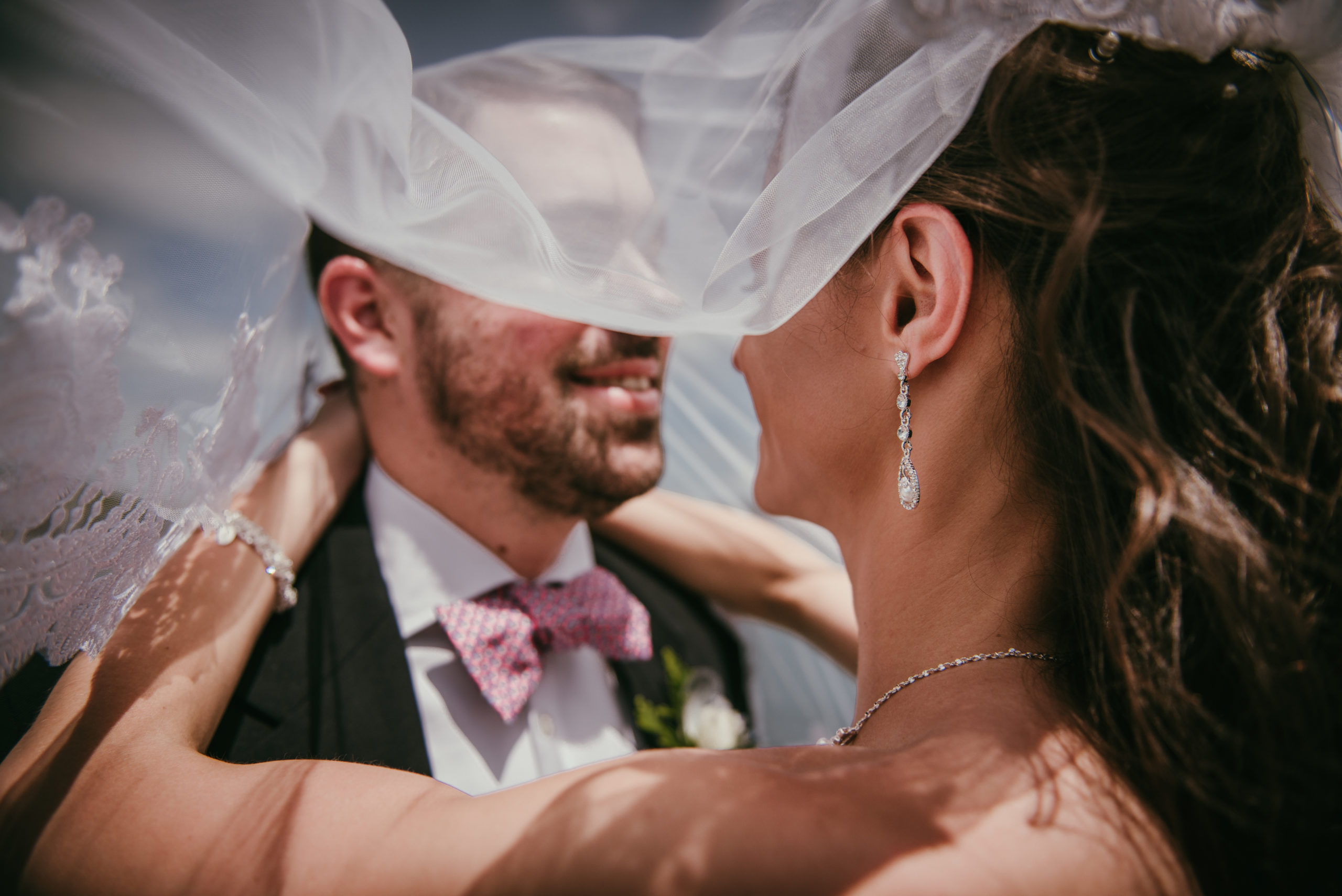Editorial by Attorney Lourdes Casanova.
When I started dating my husband seven years ago, I knew that our relationship had the potential of lasting a lifetime. He was – and still is – loyal, supportive, brilliant and handsome. Yet, the path to marriage was not obstacle-free, and our ongoing journey as a married couple is equally challenging. Every couple struggles with personality differences; but our added challenge was understanding and accepting our cultural differences.
I was born in Miami, Florida to Cuban refugee parents and a large family of immigrants. My husband was born in Richmond, Virginia, as part of a small family with a long lineage of Scotch-Irish Americans forming his ancestry. Almost everything – food, music, language, customs, ideas, and social behavior – is different about our backgrounds and our families. It is English versus Spanish, potatoes versus rice, and Christmas Day versus Noche Buena. It is small gatherings versus large, Guns N’ Roses versus Marc Anthony, and citizenship by birth versus naturalization.
Fortunately, I did not have to endure the marathon that is the immigration process, as I was born in the United States after my parents fled Cuba’s dictatorship. With the exception of my brother and one cousin, however, the rest of my family did have to apply for a green card, wait five years, and then take the citizenship test. I helped them study.
My husband’s family, on the other hand, has been well-established in the United States for centuries and, accordingly, has no immigration concerns.
As an immigration attorney, the daughter of immigrants, and a wife in an intercultural marriage, I believe I have a unique understanding of the legal and personal issues surrounding intercultural marriages (and couples) with a foreign-born spouse. I am committed to guiding these couples by bridging the gap between one culture and another. Translations (I am trilingual), legal advice, practical advice, and sharing some of my own experiences as a lawyer and a wife are just some of the ways I can help.
Intercultural issues carry over to the immigration process in several ways. For example, when it comes to interviewing with USCIS for the I-130 Petition for Alien Relative, some couples (for language reasons or otherwise) struggle to explain their relationship to immigration officials in a way that “matches.” In other words, an immigration officer may question the validity of the marriage if each spouse describes their activities, interests, overall relationship differently. Similarly, the evidence of a relationship in terms of supporting documents can raise alarm to immigration officials if things aren’t done in a familiar or consistent manner; technicalities such as the type of wedding ceremony, living arrangements, and financial decisions can call into question a legitimate marriage. A “suspicious” marriage often prompts a second interview, noticed via Form G-56 Call-in Letter, to determine whether a couple entered into a bona fide marriage or whether fraud has occurred. At the second interview, couples are generally interviewed separately and the questioning is more intense.
In order to minimize the risk of a marriage fraud accusation, I generally review all documents that we would potentially submit and select the strongest and most consistent forms of proof. Furthermore, I schedule a conference with my clients for the purpose of preparing them for the interview. Some of the questions I ask my clients are how they met, what are some activities that they like to do together, where they live, where they sleep, whether each spouse has met the other spouse’s family, how one spouse proposed to the other, and details about the wedding.
In addition to legal support, I gladly provide moral support to immigration clients who are in the early stages of their marriage and still learning to maneuver through the relationship. Sometimes, explanations tailored to the individual (the U.S.-Citizen spouse versus the foreign-born immigrant) increase understanding and reduces tension. Other times, just letting clients know I am there for them goes a long way.
In short, when it comes to intercultural marriages and immigration, ideal representation resides at the intersection of the law and the heart. I am prepared to approach this delicate crossing, using my experience and background to propel success.
Today, seven years after our first date, my husband loves rice - and cooks it better than I do! - and I am okay with the occasional small, quiet gathering. We celebrate Christmas Day AND Noche Buena. He’s learning Spanish, and I’m learning to like Guns N’ Roses. He understands and appreciates my family’s history, and I understand and appreciate his.
If you are in an intercultural marriage or relationship, call my Wellington, Florida law firm for immigration guidance or contact us online today.
Casanova Law
(561) 236-5340








